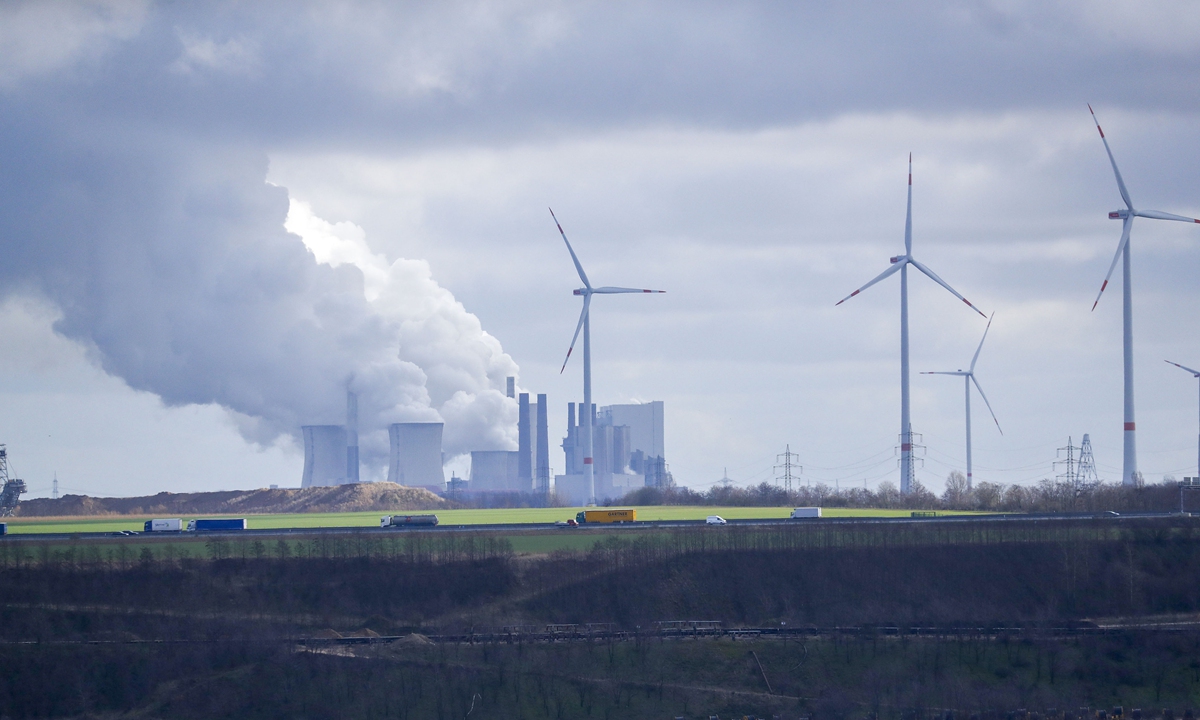Global carbon offsets trade will not help reach net zero
80% of world’s companies lagging
One in five of the world's 2,000 largest publicly listed companies have now committed to a "net-zero" emissions target to help tackle climate change, researchers said on Tuesday.

The sector with the highest level of net-zero targets was household and personal products, where over two-thirds of the biggest companies by sales have such goals.
The report also found that countries representing 61 percent of global emissions have announced net-zero targets.
The United Nations is encouraging the spread of net-zero commitments to give the world a chance of limiting warming to 1.5 C, in line with the Paris Agreement, to avoid the worst impacts of climate change.
Richard Black, the report's lead author and senior associate at the ECIU, told the Reuters investors and consumers are piling pressure on companies to cut their emissions. But the research revealed many net-zero targets are yet to be backed up by transparent and robust steps needed to reach net zero, he added.
There are growing concerns that businesses could be announcing climate action but not following up with concrete changes - a practice known as "greenwashing."
"We've had a massive number of entities setting targets over the last few years, but of course a target on its own isn't going to reduce emissions," Black said.
The report found that only 20 percent of targets by governments and companies meet the basic criteria for credible net-zero plans set out by the UN-backed "Race to Zero" campaign. They include defining interim measures and targets, starting to take action immediately and publishing progress reports.
Report coauthor Thomas Hale, from the Blavatnik School of Government at the University of Oxford, warned that companies and countries cannot simply rely on buying carbon offsets to reach net zero.

Wind turbines operate near the Neurath lignite fueled power station, operated by RWE AG, in Neurath, Germany on March 3. Photo: VCG
The companies, representing nearly $14 trillion in sales, have promised to cut their planet-heating emissions to net zero by mid-century - meaning they will produce no more emissions than they can offset through measures such as planting trees. The report by the UK-based Energy and Climate Intelligence Unit (ECIU) and Oxford Net Zero, said it was the first systematic global analysis of corporate and government commitments to reach "net zero" emissions.The sector with the highest level of net-zero targets was household and personal products, where over two-thirds of the biggest companies by sales have such goals.
The report also found that countries representing 61 percent of global emissions have announced net-zero targets.
The United Nations is encouraging the spread of net-zero commitments to give the world a chance of limiting warming to 1.5 C, in line with the Paris Agreement, to avoid the worst impacts of climate change.
Richard Black, the report's lead author and senior associate at the ECIU, told the Reuters investors and consumers are piling pressure on companies to cut their emissions. But the research revealed many net-zero targets are yet to be backed up by transparent and robust steps needed to reach net zero, he added.
There are growing concerns that businesses could be announcing climate action but not following up with concrete changes - a practice known as "greenwashing."
"We've had a massive number of entities setting targets over the last few years, but of course a target on its own isn't going to reduce emissions," Black said.
The report found that only 20 percent of targets by governments and companies meet the basic criteria for credible net-zero plans set out by the UN-backed "Race to Zero" campaign. They include defining interim measures and targets, starting to take action immediately and publishing progress reports.
Report coauthor Thomas Hale, from the Blavatnik School of Government at the University of Oxford, warned that companies and countries cannot simply rely on buying carbon offsets to reach net zero.
